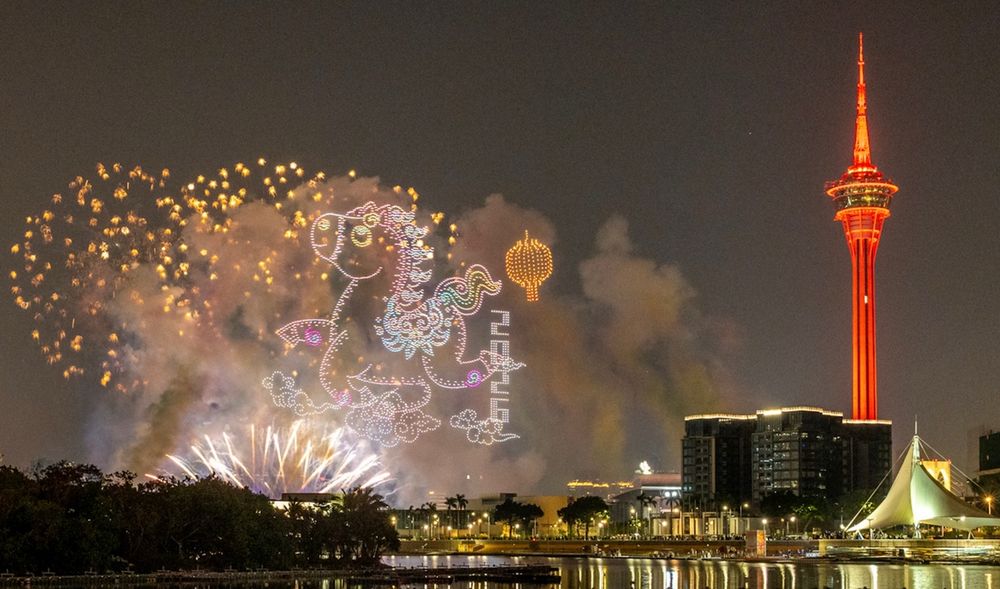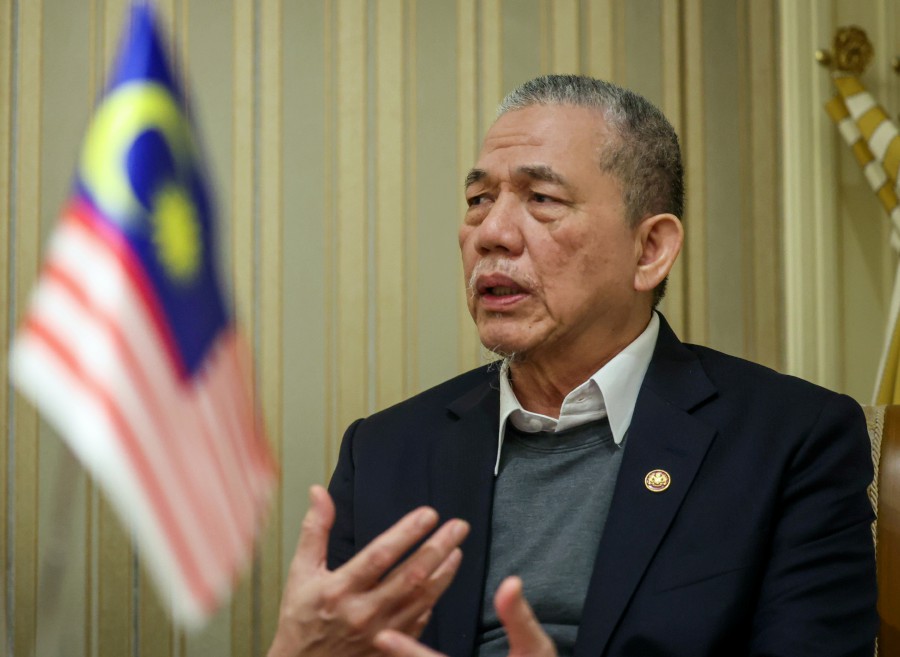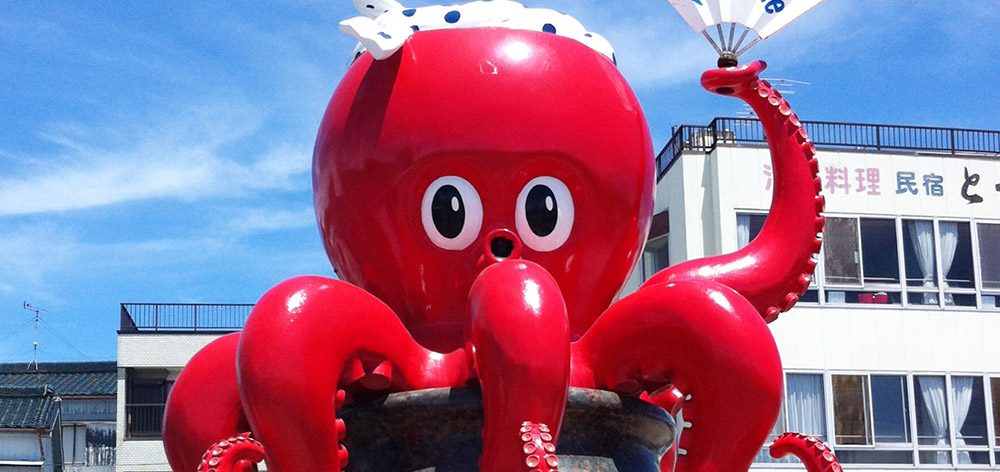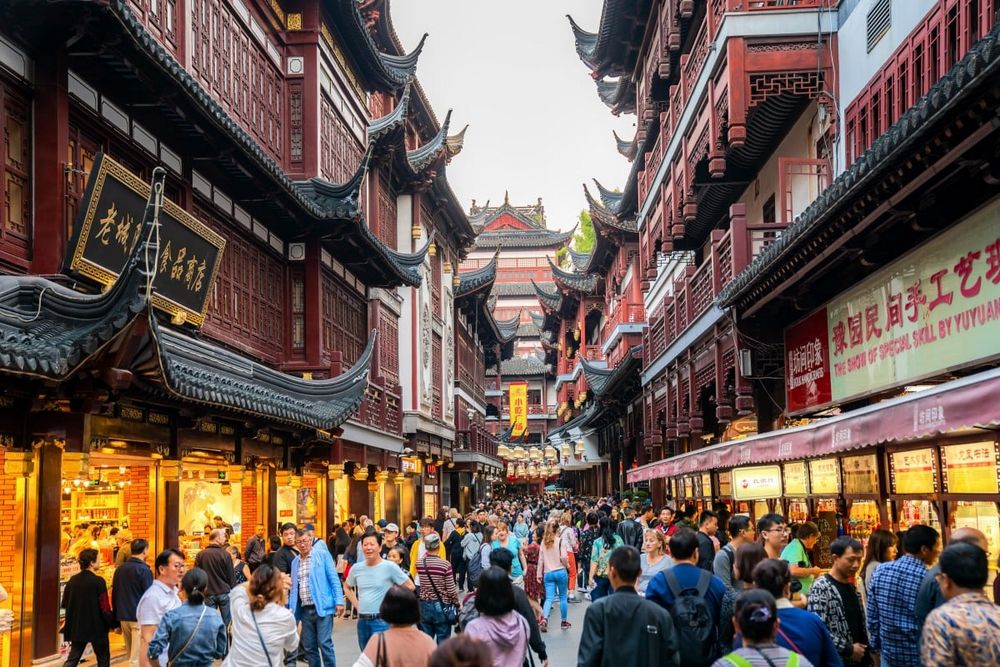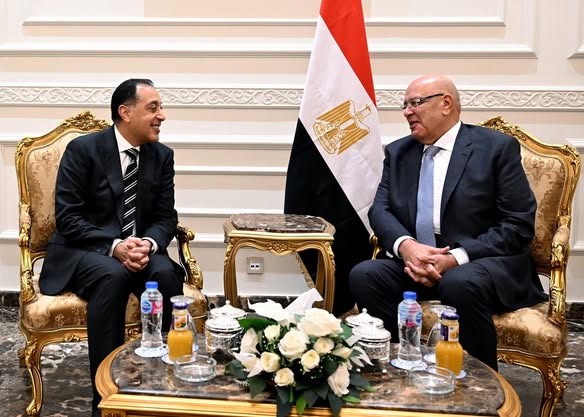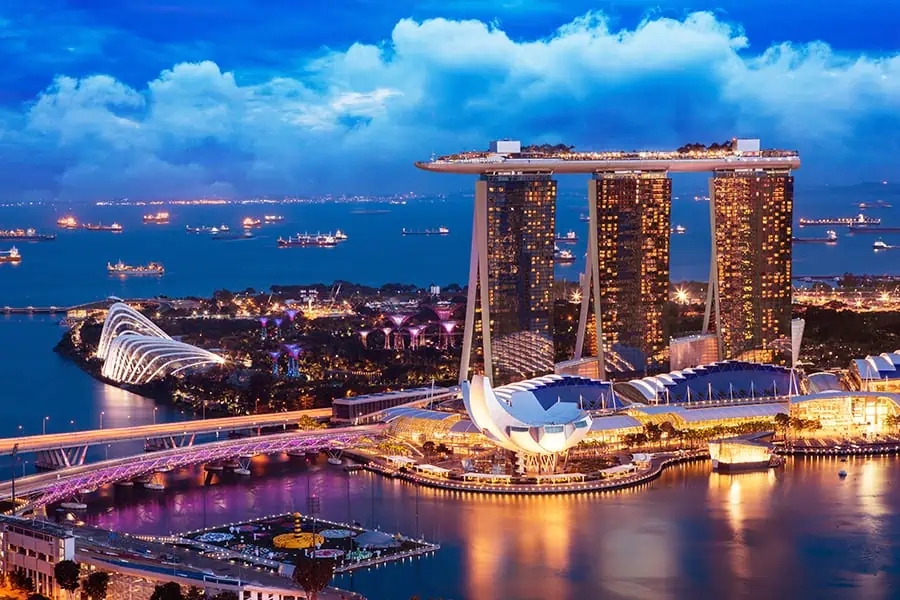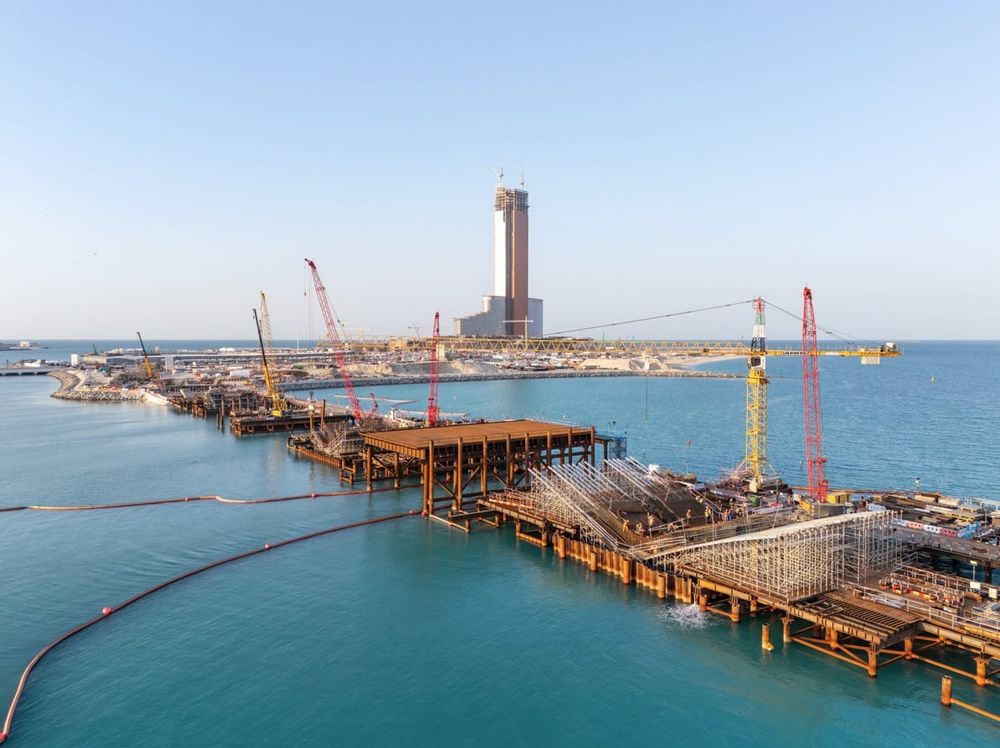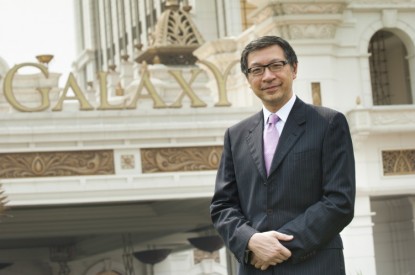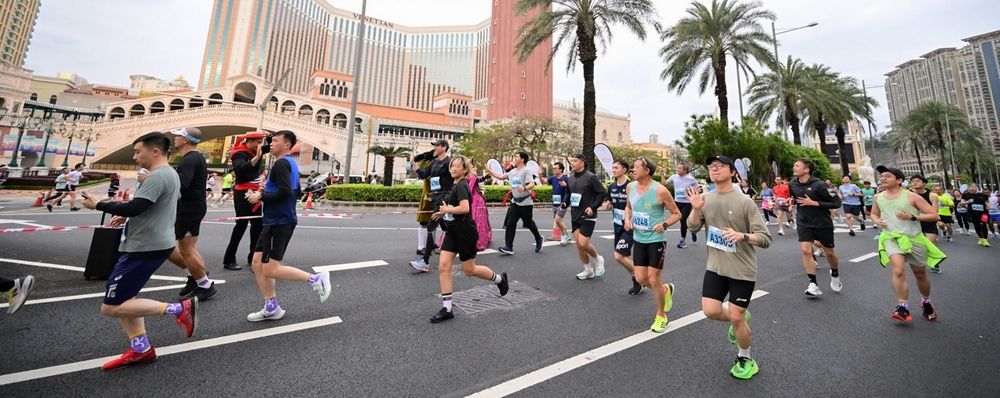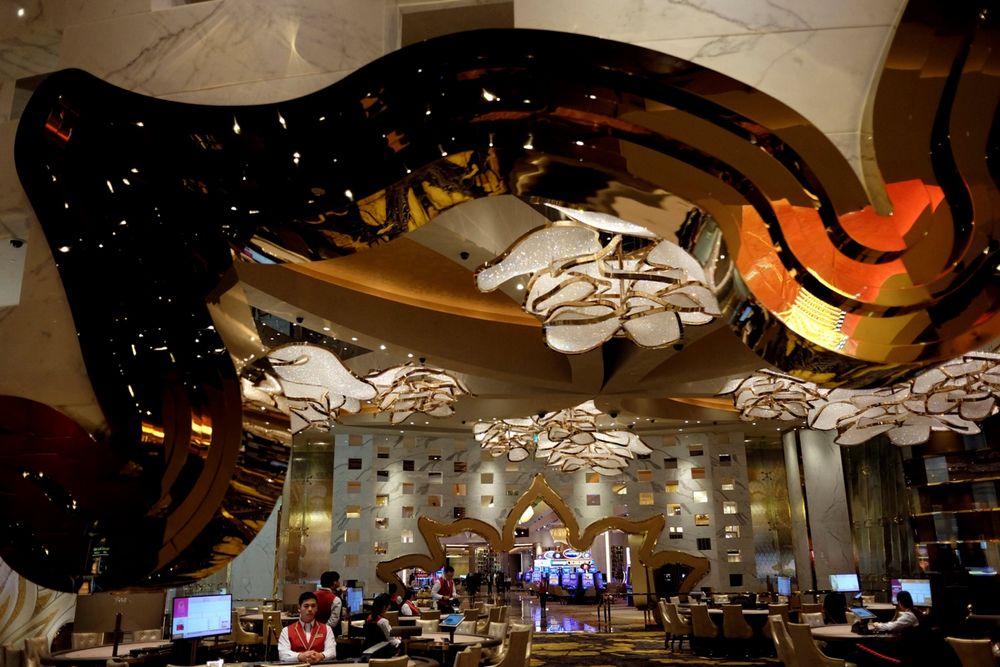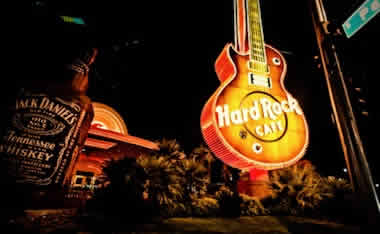Asian laws. The inclusion of casinos in the Philippines’ AML Act is one of the recommendations of the Financial Action Task Force (FATF) – a global body responsible for bolstering the fight against worldwide money laundering – in order to avoid the potential blacklisting of that country.
The bills being discussed at the Senate propose to include casinos – namely land-based, Internet and ship-based casinos – to the list of bodies that are required to report suspicious transactions. The panel “agreed in principle to endorse the inclusion of casinos in the law,” said Representative Ben Evardone (Evardone chairs the Senate’s Committee on Banks and Financial Intermediaries.)
The Philippine Senate has moved closer to including casinos in the coverage of the country’s Anti-Money Laundering Act, as one of the Senate’s panels began analyzing three different bills on the matter.
“We have tasked a small group to consolidate three related bills. The only issue that remains to be resolved has to do with the threshold amount that would trigger the filing of a suspicion transaction report with the Anti-Money Laundering Council (AMLC),” he reportedly said.
One of the bills – submitted on November 29 by a group of senators – also suggests the inclusion of “chip washing and junket operators”, defined in the bill as “any person who brings a person, a group of persons, or junket players in the casino premises to participate in the gaming operations”. The bill submitted would require casinos and junket operators to report to the country’s AMLC what were referred to as “covered” – as well as suspicious – transactions. A covered transaction is defined in the bill as a transaction in cash or other equivalent monetary instrument exceeding PHP500,000 (US$10,000). One of the other bills proposes to fix the threshold amount at PHP5 million. (READ SO THE PHILIPPINES’ PRESIDENT, RODRIGO DUTERTE ORDERS SEIZURE OF JACK LAM ASSETS)
The casino regulatory manual of the country’s casino regulator, the Philippine Amusement and Gaming Corp (Pagcor), makes it clear that “chip washing and junket operators” are deemed to be third-party commercial actors.
In Macau, the reporting threshold for casino transactions is MOP500,000 (US$62,570). The U.S. Department of State regularly urges Macau to reduce the threshold set for casinos to report “large” transactions to the equivalent of US$3,000 “to bring it in line with international standards”.
The Philippines casino industry came under renewed international scrutiny – regarding anti-money laundering controls – when news broke in March 2016 that hackers had allegedly stolen US$81 million from Bangladesh central bank accounts held at the Federal Reserve Bank of New York, and some of that money allegedly found its way into the Philippines’ casino sector.
Mr Evardone was quoted as saying that the aim of introducing coverage of casinos under the Philippines’ AML law is “to protect the gaming industry from illegal activities so it can grow and attract more gamers and investors”.











